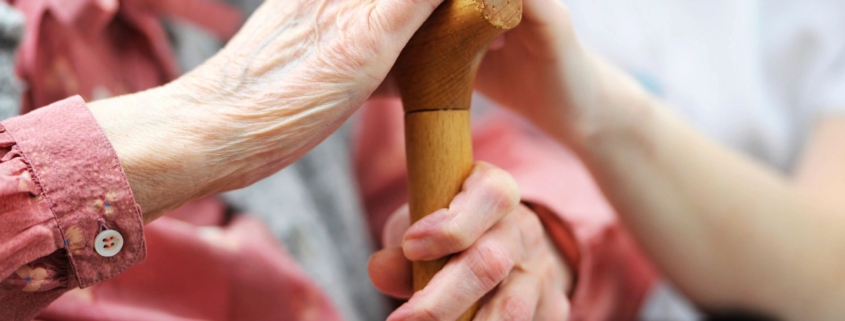Is Neglect Hidden Behind Bedsores in Mississippi Homes?
In Mississippi, the quality of care provided in nursing homes is a growing concern, particularly when it comes to the management and prevention of bedsores, also known as pressure sores or ulcers. These injuries are often seen as indicators of neglect or abuse in long-term care facilities. This blog explores the risk factors for bedsores, their implications for patient care, and how families can utilize legal avenues to ensure their loved ones are treated with dignity and respect.
Understanding Bedsores and Their Impact
Bedsores are injuries to the skin and underlying tissue resulting from prolonged pressure on the skin. They often develop on skin that covers bony areas such as the heels, ankles, hips, and tailbone. In nursing homes, patients who are most at risk include those with mobility issues, multiple medical conditions, memory problems, or incontinence.
- Mobility Issues: Patients unable to independently change positions are highly susceptible to bedsores. Regular repositioning by staff is critical to prevent these injuries.
- Multiple Medical Concerns: Conditions that impair blood circulation, like diabetes and neuropathy, can increase the risk of bedsores. Obesity and malnutrition can also exacerbate their development.
- Cognitive Impairments: Patients with Alzheimer’s or dementia may not communicate pain or discomfort, allowing early-stage bedsores to worsen unnoticed.
- Incontinence: Moisture from incontinence can further irritate the skin, creating an ideal environment for bedsores to develop and potentially become infected.
The Role of Attorneys in Nursing Home Neglect
When bedsores occur, they may be a sign of nursing home neglect. Legal professionals specializing in elder care and nursing home abuse attorneys are crucial in addressing these issues. They can help families by:
- Assessing the Care: Attorneys can evaluate the care level provided and determine if negligence has occurred.
- Gathering Evidence: They collect medical records, staff logs, and expert assessments to build a strong case.
- Seeking Compensation: Legal actions may be necessary to cover medical treatments for bedsores, pain and suffering, and other associated costs.
- Improving Care Standards: Beyond individual cases, legal challenges can pressure facilities to improve care standards and compliance with health regulations.
Legal Steps for Families
If you suspect a loved one is suffering from neglect manifesting as bedsores, consider taking the following steps:
- Document Everything: Keep records of all medical evaluations, photographs of the bedsores, and any communications with nursing home staff.
- Consult an Attorney: A personal injury attorney with experience in elder law can offer guidance on how to proceed legally to ensure the safety and well-being of your loved one.
- Advocate for Better Care: Work with the nursing home to implement regular checks and care routines that can prevent future bedsores.
Conclusion
Families must be vigilant about the care their loved ones receive in nursing homes. Understanding the risk factors and signs of potential neglect, such as bedsores, is vital. With the help of skilled attorneys, families can hold facilities accountable and ensure that their loved ones live in a safe, caring environment. Remember, bedsores are often preventable, and their presence may indicate a larger problem within the facility. Taking action can not only protect your loved one but also improve the standard of care for all residents.

















